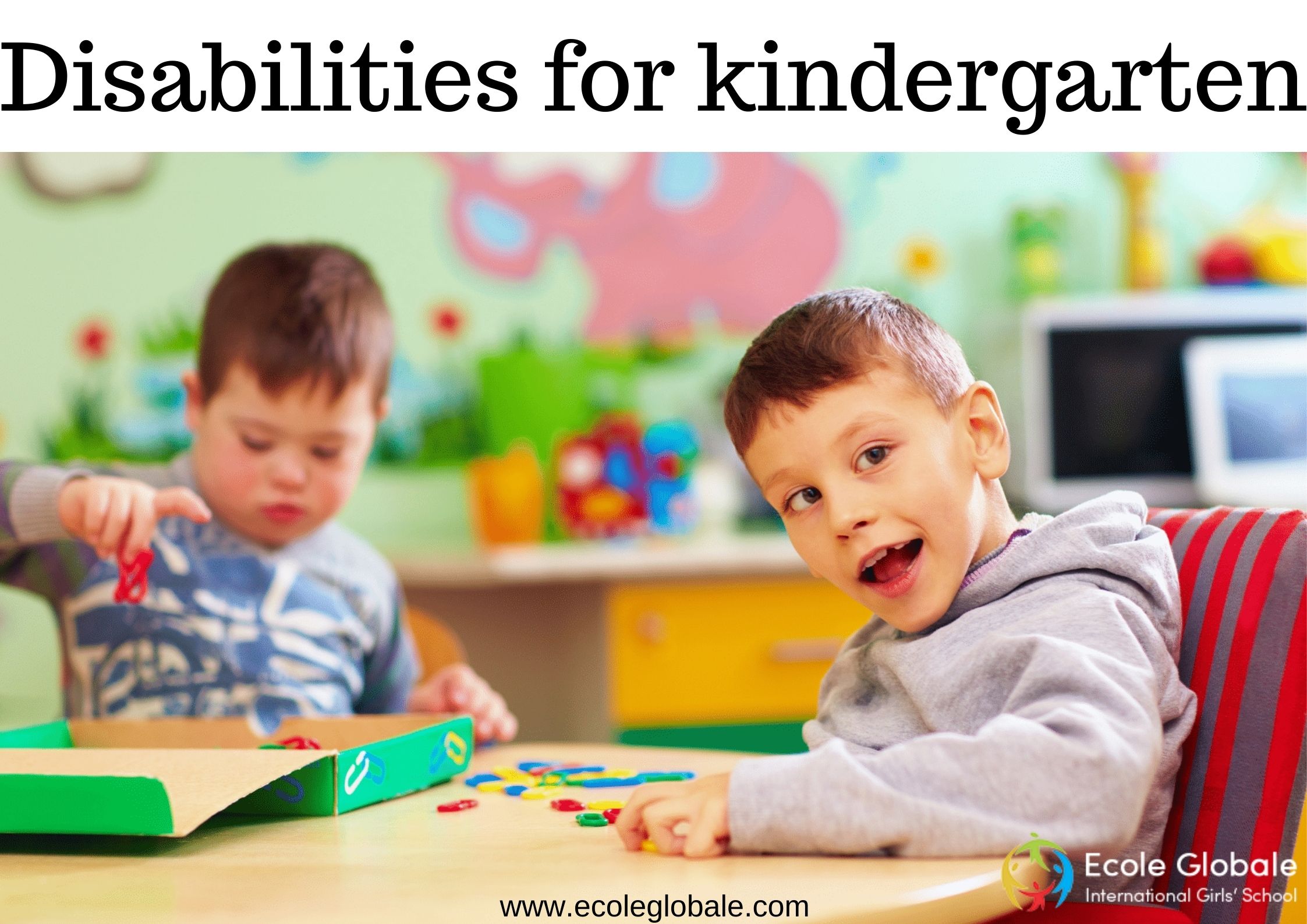Kids learn at different rates and in a diverse manner during the preschool and kindergarten years. Your kid may have a learning disability if she has severe difficulty with numbers, letters, or speaking. Learning difficulties are a group of illnesses that impact how the brain processes information, making certain concepts harder to understand.
When a kid with a learning impairment is told a tale, she may understand it well, but she will struggle to answer questions about it afterwards. Another youngster may be able to recite the alphabet from A to Z without difficulty but may struggle to name specific letters when they are pointed out. Another youngster could have trouble putting puzzles together, tying her shoes, or buttoning a shirt.
Children with learning impairments often have normal or above-average intellect, but they struggle to communicate what they know. Because mastering particular skills are so challenging for children with learning difficulties, they frequently suffer frustration, rage, poor self-esteem, and sadness. Your child may know exactly what she wants to say, write, or do, but getting it isn’t always easy.
What are the symptoms of a learning deficit in children under the age of five?
Speech or language issues, difficulty with reading, writing, and math skills, and a variety of other disorders such as problems with coordination, motor skills, or memory are all common learning disabilities.
A child’s impairment, such as dyslexia or dyscalculia – conditions that limit reading and math abilities, respectively — might be obvious at times. However, it’s not uncommon for youngsters to have many distinct problems.
Attention deficit disorders are not learning deficits in and of themselves. Children with learning difficulties, on the other hand, typically have focus issues.
The following are red flags that may signal a learning problem in children aged 5 and under:
- Speech with a lag
- Pronunciation difficulties
- Learning new terms is difficult.
- Learning to read may be difficult.
- Have difficulty remembering numbers or the alphabet?
- Attention span is limited.
- Directions are difficult to follow.
- Inability to hold a crayon or a pen
What steps do I need to take to have my child evaluated?
Learning difficulties are difficult to diagnose. Some experts feel they are overdiagnosed as a convenient catchall for a variety of typical learning abnormalities. Because preschoolers and very young children develop at such variable speeds, diagnosing learning disorders in them is highly contentious. Learning problems, according to Liebman, cannot be definitively identified until a kid is in the third grade.
That isn’t to say you shouldn’t be concerned about your current worries. Early detection and intervention can make a significant impact on your child’s academic future.
What can be done to assist a youngster who suffers from a learning disability?
Learning problems are lifelong and cannot be cured. However, there is a lot that can be done to help your child adapt to his or her condition and learn to work around it. For example, the instructor can offer topics in a variety of ways, and your kid can practise skills again and over in a supportive and patient environment. Children with learning difficulties are capable of learning and doing so.
Supporting your kid and assisting with positive learning experiences are two of the most essential things you can do as a parent. The idea is to concentrate on your child’s positive qualities. Encourage her interest in animals and help her become an animal specialist if she stumbles with the alphabet. Encourage your child’s abilities and hobbies to give her a strong sense of self-esteem.
Don’t try to diagnose and treat learning impairments on your own. Your role is to offer your child encouragement, love, and patience, as well as to seek out professionals who can assist him or her in learning. Your kid should be entitled to special services if she has been diagnosed. Many children with learning difficulties are entitled to free assistance under state and federal disability legislation. Private boarding schools for children with learning difficulties are available, but they can be costly. Ask your child’s teacher or local groups that assist disabled youngsters.
Counselling might also be beneficial. Learning disabled children frequently feel like failures, resulting in low self-esteem. They are frequently irritated, and their dissatisfaction can quickly move to fury. “In my opinion, understanding that two plus two equals four is more significant than learning that two plus two equals four,” Liebman argues. Parents must learn to deal with their children’s emotional outbursts. Despite popular belief that you should not encourage a child to have a tantrum or a sobbing fit, this type of emotional release can be useful for children with learning impairments. You may show your child that she doesn’t have to fight alone if you stay close to her during these moments and remind her that you love her and that you understand how difficult things are for her.
Remember to look for yourself as well. It’s difficult to be a parent of a child who has learning difficulties. For parents, several disability organisations provide support groups and therapy.









